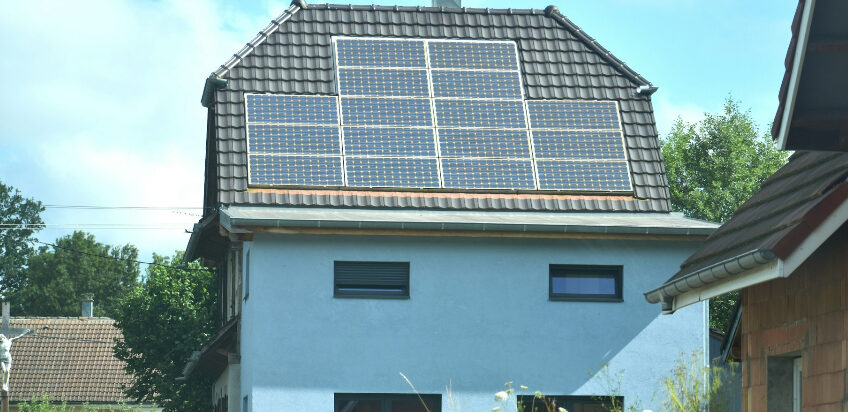As energy costs rise and concerns about climate change grow, more New Jersey homeowners are considering off-grid solar systems to achieve energy independence. Off-grid solar allows a property to produce, store, and use its own electricity without relying on the utility grid. But while the technology is appealing, installing an off-grid solar system in a residential area comes with unique legal and regulatory considerations. Understanding these issues can help homeowners plan responsibly and avoid costly legal pitfalls.
What Does Off-Grid Really Mean?
Unlike grid-tied systems, which connect to the utility grid and can export excess electricity, off-grid solar systems are completely independent. They require battery storage to provide power during nighttime or cloudy periods. Homeowners choosing to go off-grid should carefully calculate their energy needs to ensure the system will provide reliable electricity year-round.
Permitting Requirements
New Jersey requires building and electrical permits for nearly all solar installations, including off-grid systems. Permits ensure that the solar array, wiring, batteries, and other components comply with safety standards in the New Jersey Uniform Construction Code (UCC). Before starting your project, consult your local building department to find out what plans, specifications, and inspections are required.
Zoning and Land Use Regulations
Local zoning ordinances can affect whether and how you can install an off-grid system:
- Height and setback limits: Rooftop and ground-mounted solar panels may be subject to height restrictions or minimum distance requirements from property lines.
- Accessory use rules: Some municipalities regulate whether solar equipment can be installed on properties in residential zones, especially if it’s visible from the street.
- Historic districts: If your home is in a historic district, additional design or placement restrictions may apply.
Zoning boards may grant variances if your proposed system does not fully comply with existing rules, but obtaining one often requires a public hearing and approval process.
Battery Storage Regulations
Off-grid systems require battery banks, which introduce specific fire safety concerns. Under the National Electrical Code (NEC) adopted in New Jersey, battery installations must meet ventilation, clearance, and fire-resistance standards. Some localities have additional rules for lithium-ion or other advanced battery chemistries.
Homeowners Association (HOA) Restrictions
If you live in a neighborhood with an HOA, review its bylaws before planning your solar project. While New Jersey’s Solar Rights Law (N.J.S.A. 45:22A-48.2) generally protects homeowners’ rights to install solar, HOAs can impose reasonable restrictions on placement, size, or appearance—especially if the installation is visible from common areas or neighboring properties.
Disconnecting from the Utility Grid
Going fully off-grid means formally disconnecting from your utility service. Contact your utility provider to understand disconnection requirements and any fees involved. Keep in mind that once you disconnect, reconnecting later may involve significant costs, new applications, or inspections.
Financing and Incentives
Off-grid systems do not qualify for net metering benefits because they don’t connect to the grid. However, New Jersey homeowners can still access federal tax credits, like the Residential Clean Energy Credit, which covers a percentage of the solar installation cost. Some state or county-level programs may also provide rebates or incentives, but eligibility often depends on system specifications.
Environmental and Safety Considerations
Improperly designed off-grid systems can pose environmental hazards, especially if batteries leak or catch fire. Homeowners must follow proper disposal procedures for old batteries and ensure all components meet relevant safety codes.
Final Thoughts
Installing an off-grid solar system in a New Jersey residential area offers exciting opportunities for energy independence and sustainability. But the process involves more than just purchasing panels and batteries—it requires careful attention to local regulations, permitting, zoning, and safety standards. By working with licensed contractors, consulting local authorities, and understanding your rights and responsibilities, you can avoid legal issues and ensure your investment provides safe, reliable power for years to come.
